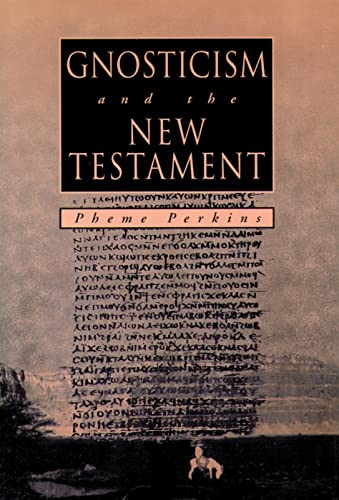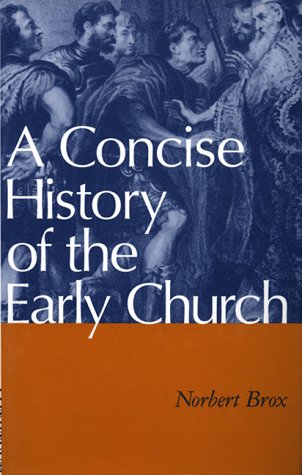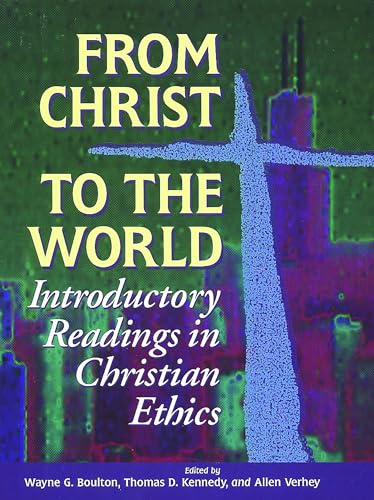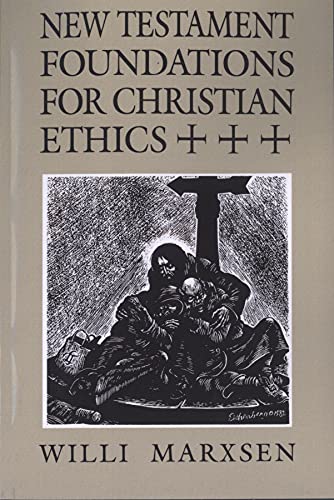20th Century Theology: God and the World in a Transitional Age
Written by Stanley J. Grenz and Roger E. Olson Reviewed By Vidar L. HaanesThis introduction to modern theology was first published in 1992 (IVP, USA) and is now available in a paperback edition. The survey starts in the Enlightenment, with Kant and Hegel, and concludes with two evangelicals, Carl F.H. Henry and Bernhard Ramm. The book deals with more than the famous Germans from Schleiermacher to Bultmann. Grenz and Olson also include liberation theologies (black, Latin-American and feminist), new Catholic theology (Rahner and Küng) and narrative theology. As an interpretive tool the authors use ‘the creative tension posed by the twin truths of the divine transcendence and the divine immanence’. The introduction states that Christian theology at its best always seeks a balance between these twin biblical truths. This turns out to be an effective pedagogical method in structuring and presenting the modern theologies for students and teachers/preachers alike. The authors bring us to today’s theological issues. Compared to David Ford’s (ed.) The Modern Theologians (Blackwell, 1989), Grenz and Olson are more theologically precise, and more readable. The value of this book also lies in the fact that it is written from an evangelical perspective, even if Wolfhart Pannenberg lurks in the background.
Vidar L. Haanes
Norwegian Lutheran School of Theology, Oslo







